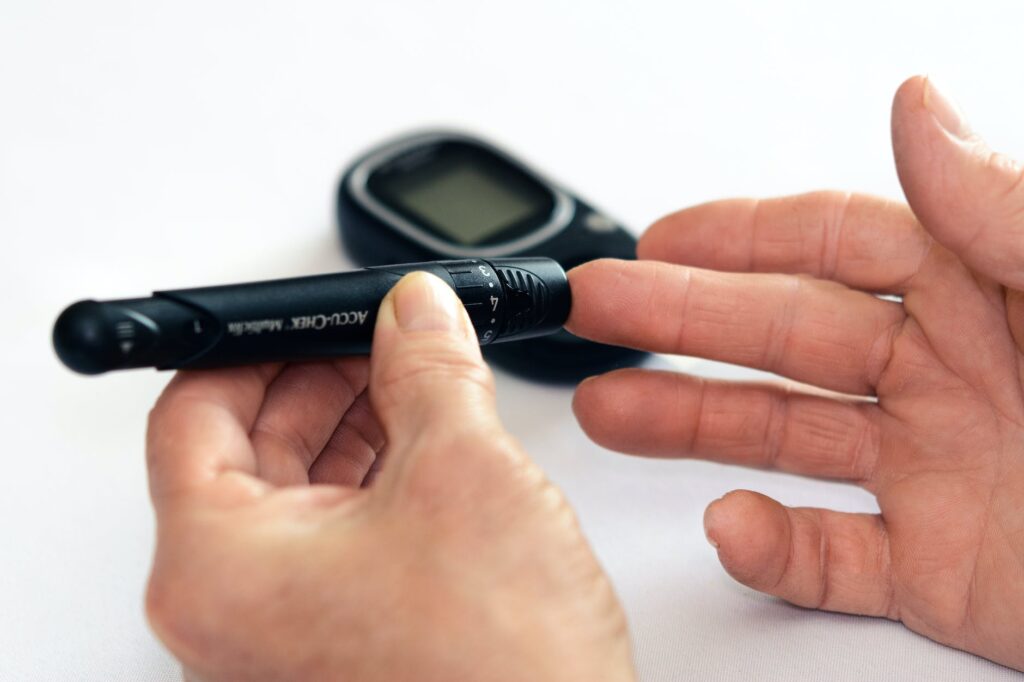
Introduction
Although type 1 diabetes (T1D) was first described over a century ago, there is still no cure. This chronic autoimmune disease develops when the body’s immune system attacks the cells that produce insulin—the hormone that regulates blood sugar levels. When this occurs, people with T1D cannot regulate their blood sugar levels without daily injections of insulin or an external source like an insulin pump. Say’s Dr Lane Sebring, the causes of T1D are complex and not fully understood, but researchers have identified some environmental factors that may contribute to its development:
Genetic causes
As you’ve likely heard, research is being done to understand the genetic causes of Type 1 diabetes. However, it’s not known why some people develop the disease and others do not.
Genetic testing can help determine whether your child has an increased risk for developing Type 1 diabetes, but it’s important to know that there are no treatments available yet for this condition–and most doctors don’t recommend genetic testing on children under 5 years old because their bodies haven’t fully developed yet and there isn’t enough information about how genes affect them at such a young age. Genetic testing should be considered for children older than 5 who have had symptoms consistent with Type 1 diabetes or those whose parents have been diagnosed with Type 1 diabetes
Environmental triggers
The role of viruses
In the past decade, researchers have uncovered several viruses that are linked to type 1 diabetes. In one study published in 2011, researchers found that children who had been exposed to viral infections like rotavirus (a common cause of diarrhea) or adenovirus were more likely to develop type 1 diabetes than those who hadn’t been infected by these viruses. The authors concluded that “viral infection may play an important role in the pathogenesis”–or development–of type 1 diabetes.
Other studies have confirmed this finding: A 2014 meta-analysis found evidence linking several different types of enteroviruses (which cause intestinal ailments) with increased risk for developing T1D; another meta-analysis published the same year found a possible link between Epstein Barr virus (EBV), a herpes virus known for causing mononucleosis but also implicated in certain autoimmune diseases like multiple sclerosis and rheumatoid arthritis
Autoimmunity and Type 1 diabetes
Autoimmunity is a process in which the immune system attacks healthy cells. Autoimmunity may be triggered by environmental factors, such as viruses or bacteria; it may also be triggered by genetic factors that make you more likely to develop an autoimmune condition.
Type 1 diabetes is an example of autoimmune disease–it occurs when your body mistakenly attacks itself, destroying pancreatic beta cells (the cells responsible for producing insulin). In recent years researchers have found evidence suggesting that autoimmunity may be triggered by environmental factors and/or genetics, rather than simply being hereditary:
Diet and lifestyle
Lifestyle changes can help prevent type 1 diabetes.
Examples of lifestyle changes that may reduce your risk of type 1 diabetes include:
- Eating a diet rich in whole grains, fruits and vegetables and low in saturated fat. This is especially important for babies who have a family history of type 1 diabetes or who have had an autoantibody test that suggests they might develop the disease later on in life.
- Getting enough exercise (at least 30 minutes a day).
How do I make these lifestyle changes?
Type 1 diabetes is not a one-size-fits-all condition.
Type 1 diabetes is not a one-size-fits-all condition. It is not caused by genetics alone, nor by environmental triggers alone. In fact, scientists now believe that it may be caused by both factors working together in concert with each other to create the perfect storm of circumstances that leads to T1D.
What this means for you is that there’s still hope for prevention and cure! There are still many more questions than answers about what causes type 1 diabetes and how we might prevent it from occurring in future generations (if at all). However, if you’re concerned about your risk of developing this disease–or if someone close to you has been diagnosed–there are steps you can take today to reduce their chances of getting sick:
Conclusion
The future of Type 1 diabetes is bright. With new research being done every day, we are on track to find a cure for this disease. If you or someone you know has been diagnosed with Type 1 diabetes, there is no reason to lose hope–there are many ways that you can stay healthy and manage your symptoms so that they don’t interfere with everyday life.